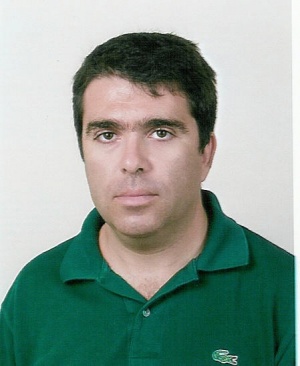Mameri, D., Rivaes, R., Oliveira, J.M., Pádua, J., Ferreira, M.T. & Santos, J.M. (2020) Passability of Potamodromous species through a fish lift at a large hydropower plant (Touvedo, Portugal).
Sustainability,
12(1), 172. DOI:10.3390/su12010172 (IF2020 3,251; Q3 Environmental Studies)
River fragmentation by large hydropower plants (LHP) has been recognized as a major threat for potamodromous fish. Fishways have thus been built to partially restore connectivity, with fish lifts representing the most cost-effective type at high head obstacles. This study assessed the effectiveness with which a fish lift in a LHP on the River Lima (Touvedo, Portugal), allows potamodromous fish—Iberian barbel (Luciobarbus bocagei), Northern straight-mouth nase (Pseudochondrostoma duriense) and brown trout (Salmo trutta fario)- to migrate upstream. Most fish (79.5%) used the lift between summer and early-fall. Water temperature was the most significant predictor of both cyprinids’ movements, whereas mean daily flow was more important for trout. Movements differed according to peak-flow magnitude: nase (67.8%) made broader use of the lift in the absence of turbined flow, whereas a relevant proportion of barbel (44.8%) and trout (44.2%) passed when the powerhouse was operating at half (50 m3s−1) and full-load (100 m3s−1), respectively. Size-selectivity found for barbel and trout could reflect electrofishing bias towards smaller sizes. The comparison of daily abundance patterns in the river with fish lift records allowed the assessment of the lift’s efficacy, although biological requirements of target species must be considered. Results are discussed in the context of management strategies, with recommendations for future studies.

